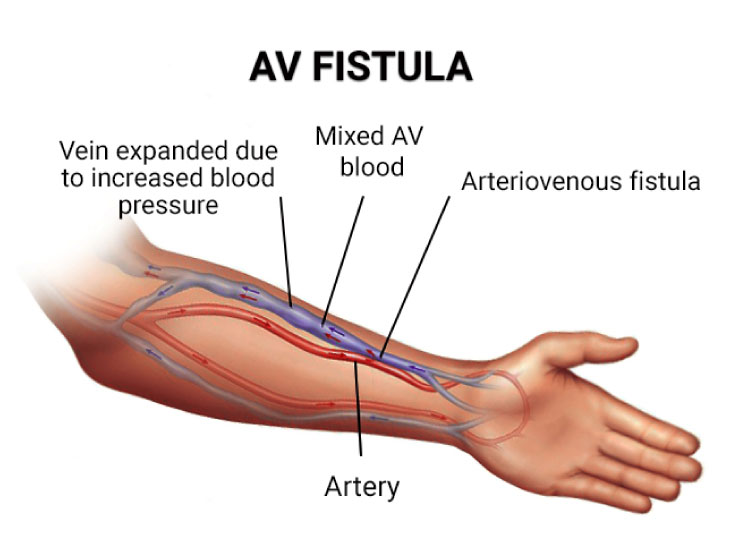A Brighter Future: The Promise Of Laser Technology In Healthcare
A brighter future for patients and practitioners alike. From precision surgeries to innovative therapies, lasers have revolutionized medical treatments by offering unparalleled accuracy, reduced recovery times, and enhanced patient outcomes. As this technology continues to evolve, its potential to reshape the landscape of healthcare becomes increasingly apparent.
To Know More About It Please Click Here
Precision in Treatment
One of the most significant contributions of laser technology to healthcare is its precision in treatment. Unlike traditional surgical methods that may involve larger incisions and greater tissue damage, lasers enable surgeons to target specific areas with utmost accuracy. Whether it’s removing tumors, correcting vision, or performing delicate procedures in neurosurgery, the precision of lasers minimizes collateral damage to surrounding tissues, leading to faster recovery and reduced risk of complications.
Minimally Invasive Procedures
The advent of minimally invasive procedures has been a game-changer in healthcare, offering patients less pain, smaller incisions, and shorter hospital stays. Laser technology plays a pivotal role in many minimally invasive techniques, such as laparoscopic surgeries, where fiber-optic cables deliver laser energy to perform precise incisions or coagulate blood vessels. Additionally, procedures like laser ablation therapy for cancer or laser-assisted liposuction demonstrate how lasers can target specific tissues with minimal disruption, offering patients faster recovery and improved cosmetic outcomes.
Advancements in Dermatology
Dermatology is another field greatly influenced by laser technology. Lasers have become indispensable tools for various skin treatments, including hair removal, tattoo removal, scar revision, and skin rejuvenation. With different types of lasers targeting specific chromophores in the skin, dermatologists can customize treatments to address individual concerns effectively. Moreover, advancements such as fractional laser technology have enabled precise targeting of microscopic treatment zones, promoting faster healing and minimizing downtime for patients.
Ophthalmic Innovations
In ophthalmology, laser technology has revolutionized vision correction procedures. Laser-assisted in-situ keratomileusis (LASIK) has become a popular choice for individuals seeking freedom from glasses or contact lenses. By reshaping the cornea with the precision of lasers, LASIK can correct refractive errors such as myopia, hyperopia, and astigmatism, often providing patients with improved vision and reduced dependence on corrective eyewear. Furthermore, the development of femtosecond lasers has enhanced the safety and accuracy of various eye surgeries, including cataract removal and corneal transplants.
Therapeutic Applications
Beyond surgery and aesthetics, lasers are finding innovative therapeutic applications in healthcare. Photobiomodulation therapy, also known as low-level laser therapy, involves the use of lasers to stimulate cellular function and promote tissue repair. This non-invasive approach has shown promise in accelerating wound healing, reducing inflammation, and managing pain in conditions ranging from musculoskeletal injuries to chronic disorders like arthritis. Additionally, researchers are exploring the potential of laser-induced thermal therapy in targeted drug delivery and cancer treatment, offering precise and localized therapy while minimizing systemic side effects.
Challenges and Future Directions
While the promise of laser technology in healthcare is undeniable, challenges remain, including cost barriers, accessibility issues, and ongoing research to optimize safety and efficacy. Additionally, the integration of artificial intelligence and robotics with laser systems holds the potential to further enhance precision and streamline procedures in the future.
Conclusion
The promise of laser technology in healthcare is vast and multifaceted, offering transformative solutions across various medical specialties. From precision surgeries to minimally invasive procedures, and dermatological treatments to ophthalmic innovations, lasers continue to push the boundaries of what is possible in healthcare. As technology advances and research progresses, the future holds immense potential for lasers to further improve patient outcomes, revolutionizing the way we diagnose, treat, and manage diseases, ultimately paving the way toward a brighter and healthier tomorrow.
For any further queries, Plz visit drdhruvkundra.com or you can check our social media accounts, Facebook, YouTube, Twitter







